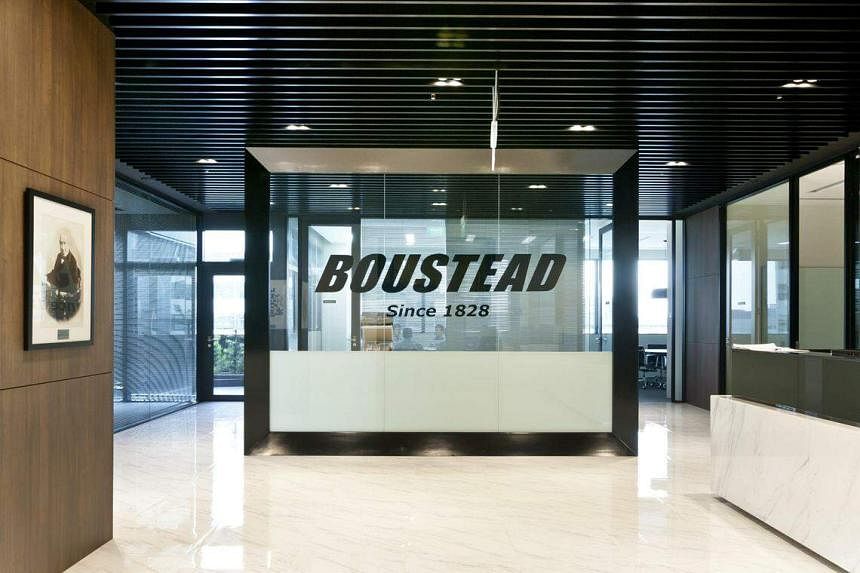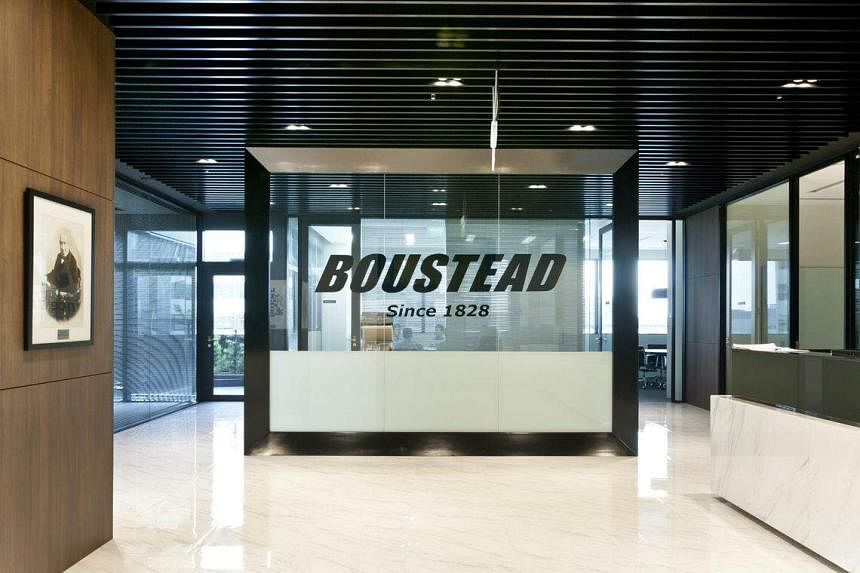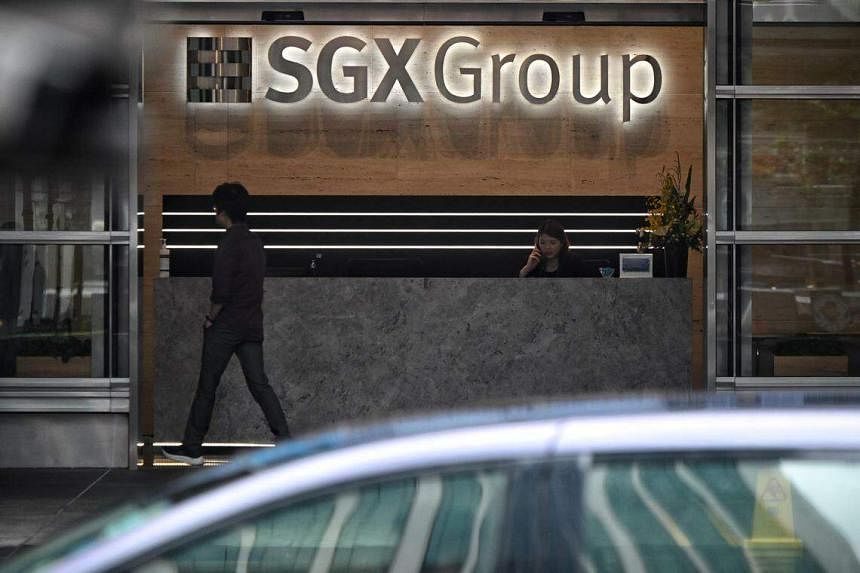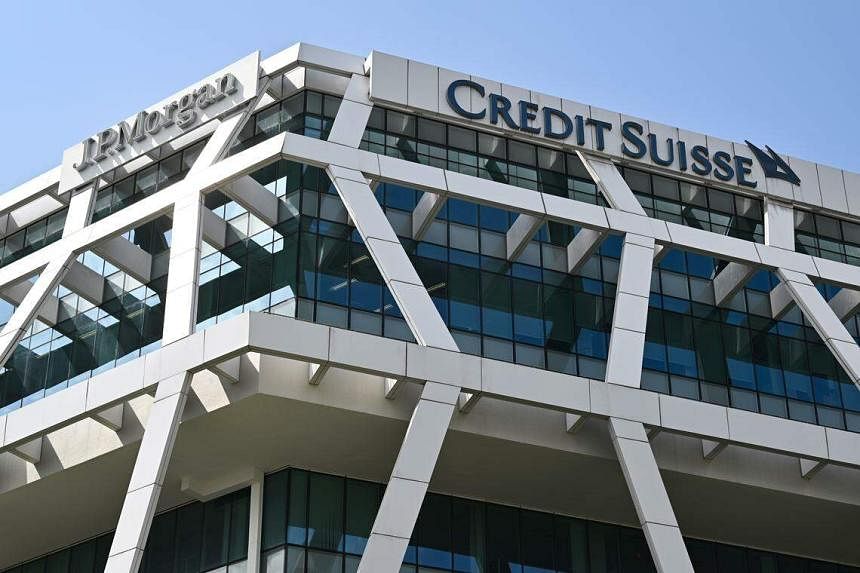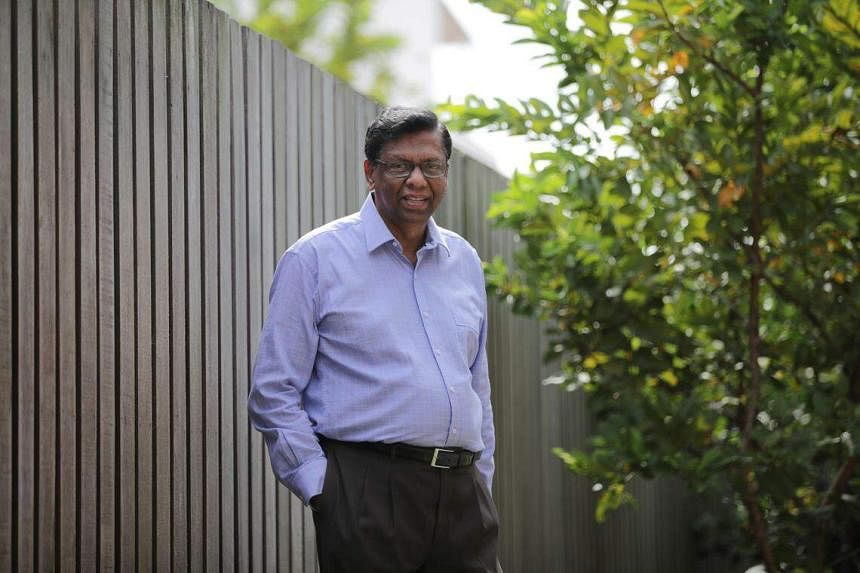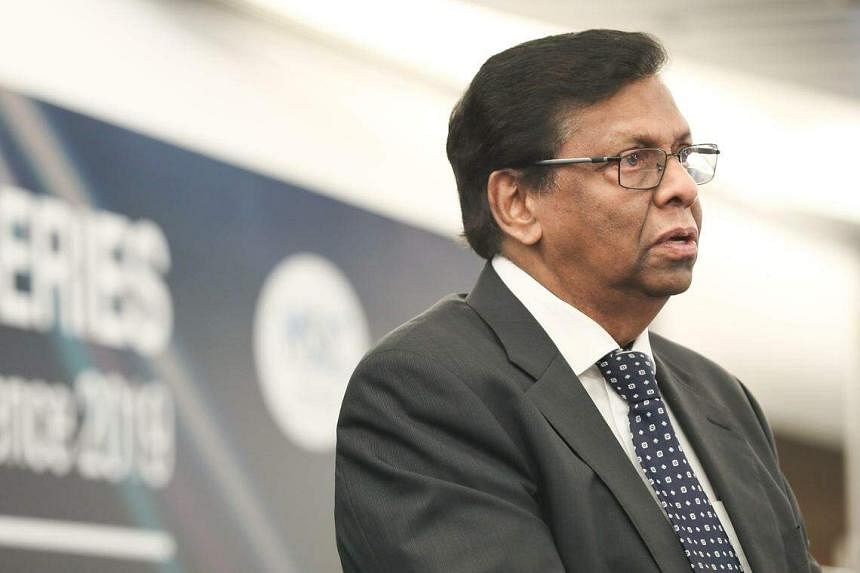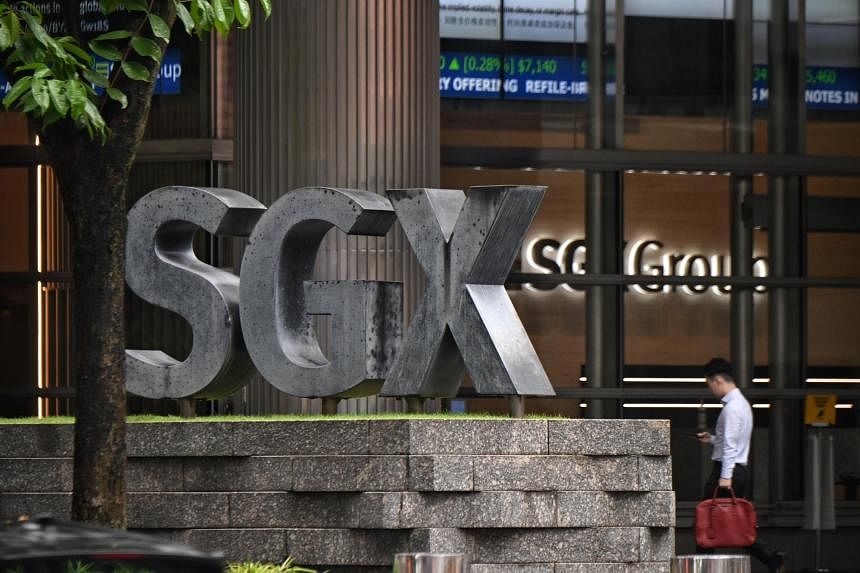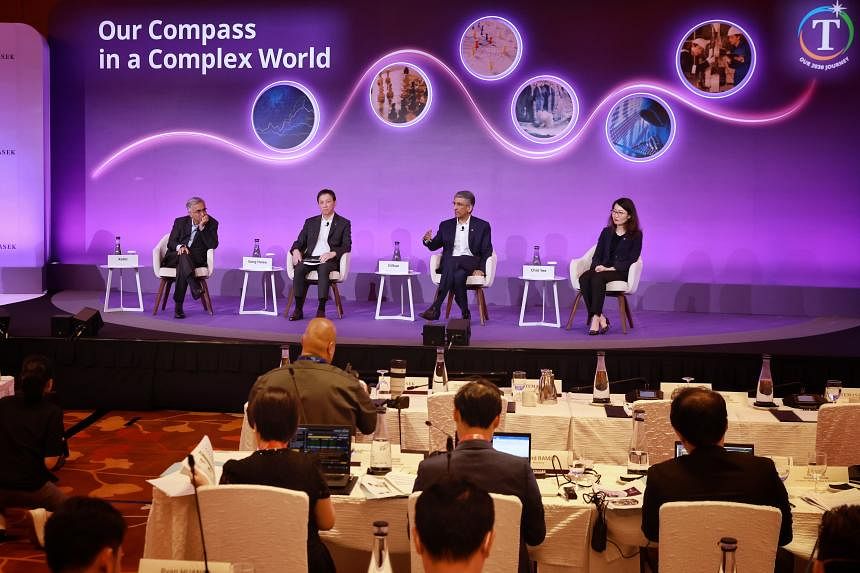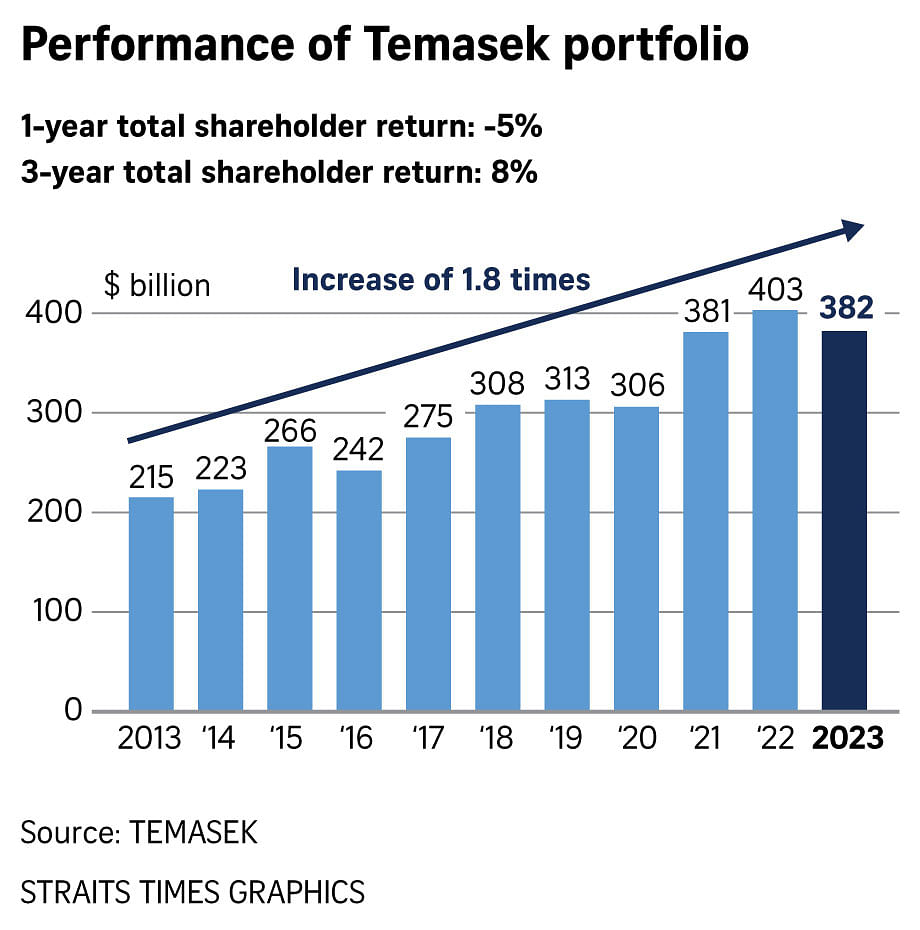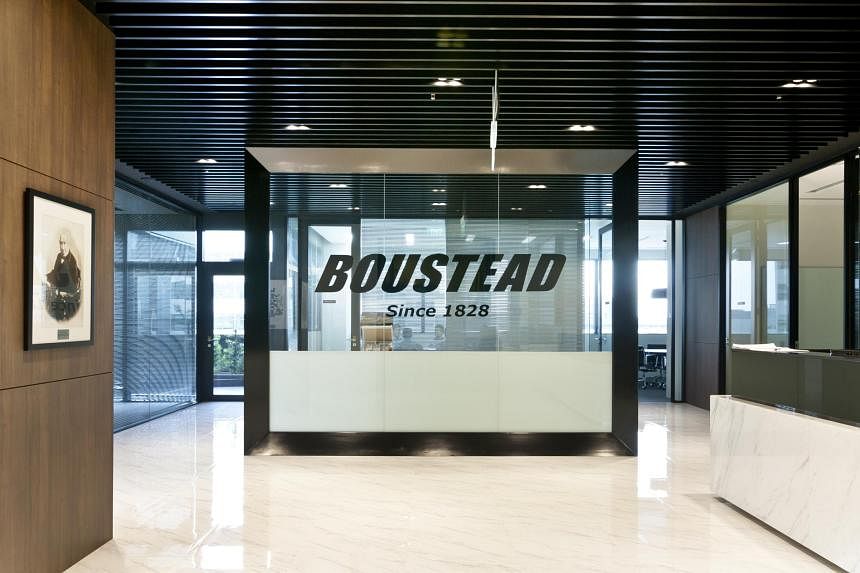- Joined
- Jul 25, 2008
- Messages
- 15,335
- Points
- 113
Another low-ball privatisation offer.
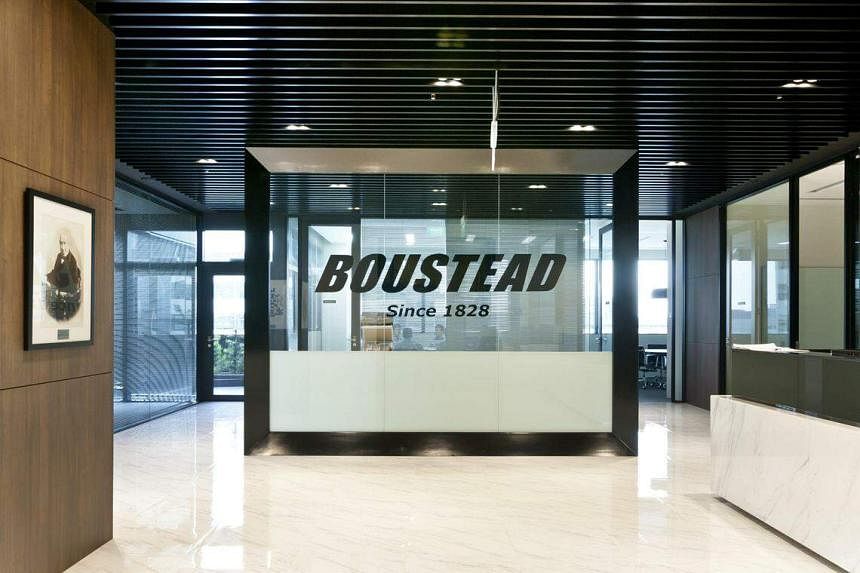
Shares owned, controlled or agreed to be acquired by Boustead Singapore and its concert parties as well as valid acceptances of the offer amounted to 86.55 per cent as of March 10. PHOTO: BOUSTEAD SINGAPORE
Wong Pei Ting
Mar 13, 2023
SINGAPORE - Boustead Singapore’s bid to acquire Boustead Projects at 95 cents a share is being met with opposition, as the Securities Investors Association (Singapore), or Sias, has advised shareholders to reject the listed acquirer’s offer unless the offer price is raised to a “fair and reasonable” amount.
This goes against the recommendation of Boustead Projects’ independent directors, who said shareholders should accept the offer, unless they are able to get a price that is higher than what the open market is offering.
In a statement on Monday, Sias’ founder and chief executive David Gerald said that all exit offers for voluntary delisting must be fair and reasonable under the Singapore Exchange’s (SGX) listing rules.
Now that the appointed independent financial adviser (IFA) has assessed that the offer is “not fair” while being reasonable, he said shareholders “should not fear that the company will be delisted even if they do not accept the offer”.
This is because the company cannot exercise compulsory acquisition under Section 215 of the Companies Act, he added. The provision which he cited addresses the power to acquire shares of shareholders dissenting from a scheme or contract approved by a 90 per cent majority.
However, this can change if shareholders continue to accept the offer, since it will cause a drop in the free float, which would have to be restored, failing which the company faces delisting, Mr Gerald said.
As at March 10, the total number of shares owned, controlled or agreed to be acquired by Boustead Singapore and its concert parties as well as valid acceptances of the offer amounted to 86.55 per cent.
Gerald further called upon SGX Regulation to require Boustead Projects to restore the free float even if it loses it, as it “has not complied with the Listing Rules requirements on exit offer for delistings”.
The offer to acquire Boustead Projects at 95 cents a share – raised from the initial price of 90 cents – was launched in February.
IFA’s detailed opinion was carried in an offeree circular that was issued on Monday. It views the offer as not being fair, as the final offer price of 95 cents is not within its final estimated valuation range of between $1.17 and $1.38 for the shares.
In fact, the price represents a significant discount of approximately 29.6 per cent to the target base price of $1.35 of the latest broker research report available, it noted as one of the factors against the 95-cent offer price.
The IFA also said that the premia implied by the offer price over the company’s historical volume-weighted average price are lower than the mean and median premia of the precedent privatisation transactions.
Reasons it states for calling the offer reasonable included the fact that 95 cents comes at a premium to the historical traded prices of the shares over the one-year, six-month, three-month, and one-month periods.
“It appears likely that the market price following the offer announcement till the latest practicable date is supported by the offer,” it stated, noting that Boustead Projects’ shares closed at 83.5 cents on the last full traded day.
It also noted that the shares have been thinly traded. The highest recorded average daily traded volume was 136,966 shares, which represented 0.16 per cent of the free float for the two-year lookback period prior to the last full traded day, it said.
This may result in investors being unable to undertake transactions in larger number of shares at the intended price or a price higher than 95 cents, it stated.
Boustead Projects’ share price was flat at the offer price of 95 cents, while Boustead Singapore dropped 0.6 per cent to 86 cents as at market close on Monday.
SIAS tells shareholders to reject Boustead offer, which IFA calls ‘not fair but reasonable’

Shares owned, controlled or agreed to be acquired by Boustead Singapore and its concert parties as well as valid acceptances of the offer amounted to 86.55 per cent as of March 10. PHOTO: BOUSTEAD SINGAPORE
Wong Pei Ting
Mar 13, 2023
SINGAPORE - Boustead Singapore’s bid to acquire Boustead Projects at 95 cents a share is being met with opposition, as the Securities Investors Association (Singapore), or Sias, has advised shareholders to reject the listed acquirer’s offer unless the offer price is raised to a “fair and reasonable” amount.
This goes against the recommendation of Boustead Projects’ independent directors, who said shareholders should accept the offer, unless they are able to get a price that is higher than what the open market is offering.
In a statement on Monday, Sias’ founder and chief executive David Gerald said that all exit offers for voluntary delisting must be fair and reasonable under the Singapore Exchange’s (SGX) listing rules.
Now that the appointed independent financial adviser (IFA) has assessed that the offer is “not fair” while being reasonable, he said shareholders “should not fear that the company will be delisted even if they do not accept the offer”.
This is because the company cannot exercise compulsory acquisition under Section 215 of the Companies Act, he added. The provision which he cited addresses the power to acquire shares of shareholders dissenting from a scheme or contract approved by a 90 per cent majority.
However, this can change if shareholders continue to accept the offer, since it will cause a drop in the free float, which would have to be restored, failing which the company faces delisting, Mr Gerald said.
As at March 10, the total number of shares owned, controlled or agreed to be acquired by Boustead Singapore and its concert parties as well as valid acceptances of the offer amounted to 86.55 per cent.
Gerald further called upon SGX Regulation to require Boustead Projects to restore the free float even if it loses it, as it “has not complied with the Listing Rules requirements on exit offer for delistings”.
The offer to acquire Boustead Projects at 95 cents a share – raised from the initial price of 90 cents – was launched in February.
IFA’s detailed opinion was carried in an offeree circular that was issued on Monday. It views the offer as not being fair, as the final offer price of 95 cents is not within its final estimated valuation range of between $1.17 and $1.38 for the shares.
In fact, the price represents a significant discount of approximately 29.6 per cent to the target base price of $1.35 of the latest broker research report available, it noted as one of the factors against the 95-cent offer price.
The IFA also said that the premia implied by the offer price over the company’s historical volume-weighted average price are lower than the mean and median premia of the precedent privatisation transactions.
Reasons it states for calling the offer reasonable included the fact that 95 cents comes at a premium to the historical traded prices of the shares over the one-year, six-month, three-month, and one-month periods.
“It appears likely that the market price following the offer announcement till the latest practicable date is supported by the offer,” it stated, noting that Boustead Projects’ shares closed at 83.5 cents on the last full traded day.
It also noted that the shares have been thinly traded. The highest recorded average daily traded volume was 136,966 shares, which represented 0.16 per cent of the free float for the two-year lookback period prior to the last full traded day, it said.
This may result in investors being unable to undertake transactions in larger number of shares at the intended price or a price higher than 95 cents, it stated.
Boustead Projects’ share price was flat at the offer price of 95 cents, while Boustead Singapore dropped 0.6 per cent to 86 cents as at market close on Monday.

